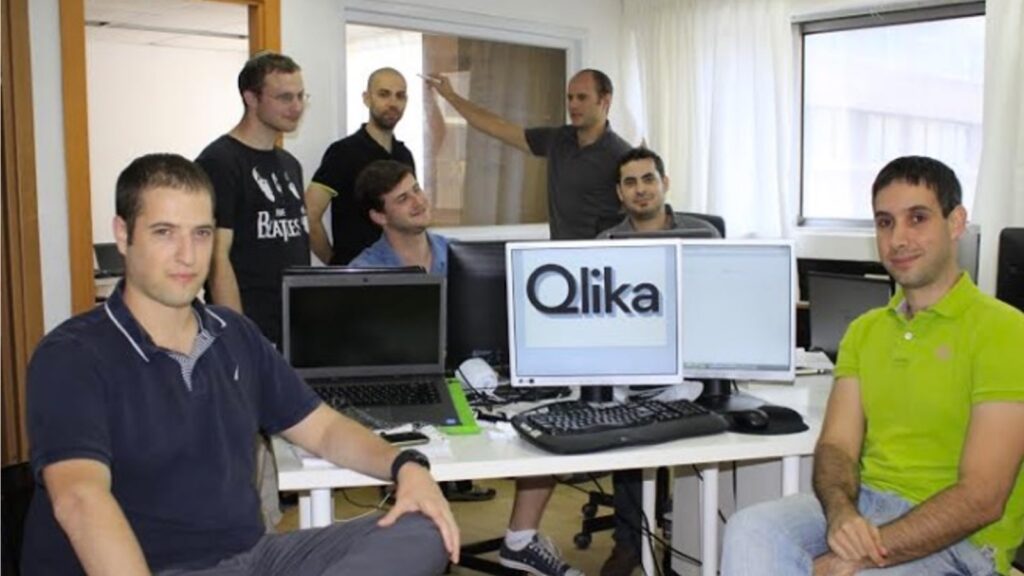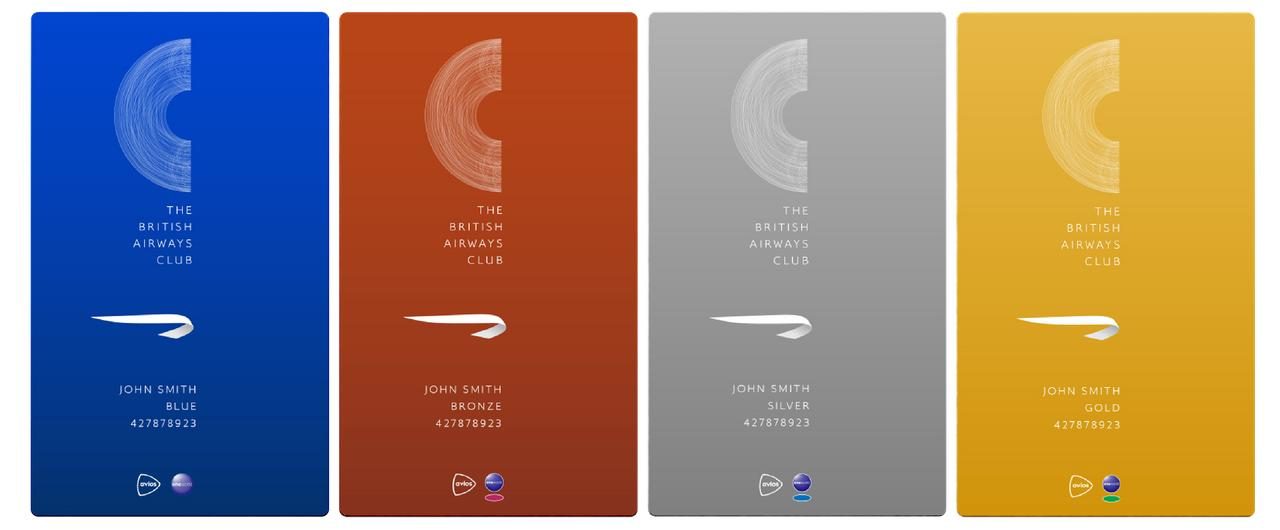Agoda's C-Suite: Global Challenges, Working With Booking Holdings and Superapps

Skift Take
From its early days, Agoda has today evolved into a major player in the online travel space in Asia. Today, the online travel company is known for its advanced tech and three people have been an integral part of that journey: CEO Omri Morgenshtern, Chief Technology Officer Idan Zalzberg and Chief Product Officer Ittai Chorev.
Skift recently interviewed the three Agoda executives, who joined the company in 2014 following the acquisition of their startup Qlika by Booking Holdings.

"At the heart of it, Agoda stayed a very similar company with a passion towards innovation and doing the right thing for the customer. Also, in the last 10 years, the expectations from customers and the complexity of the online travel space has grown significantly," said Chorev.
The Talent Mix
The Agoda executives said that the talent mix in Agoda today is very different than what it a decade ago. And that's evident in its global recruitment strategy.
The company attracts top talent from around the world, including many from Silicon Valley itself, while also working with what it calls "the local smarts on the ground." By bringing talent from the outside, Agoda also educates the local talent.
Zalzberg emphasized that the focus isn't solely on capability but rather on determination and resource allocation: "It's not about whether we 'can' do it, but whether we 'should' do it."
Morgenshtern cited some examples: "A few years ago, we used virtual credit cards (VCCs) from third-party companies to pay our partners, offering them quick access to funds. This process became increasingly complex, leading to discussions about acquiring companies to manage it, potentially costing billions. Instead, we decided to build the capability in-house within 6-9 months."
Additionally, unlike many large companies, Morgenshtern said that Agoda doesn't rely heavily on cloud services. "We run our own data centers and have made significant progress in developing our private cloud. This approach allows us to save substantial amount of money, which we can then invest in improving our products."
Changes and Challenges in the Travel Sector
The travel sector has seen significant changes over the past decade, presenting both opportunities and challenges for Agoda. While the world is becoming smaller, providing a localized experience for these travelers is crucial, but challenging due to scalability issues, Morgenshtern said.
Customizing products for each country makes maintenance and costs skyrocket. "One of our biggest challenges is managing tech changes to build a robust system. We aim to offer 'internet translation services,' ensuring a Japanese traveler accessing our site from Bangkok gets to pay with the options and receives the customer support they are used to. This is easier said than done. We spend a fortune in both localization efforts and building tech infrastructure to support it efficiently."
Speaking at the Skift India Summit earlier this year, Morgenshtern had stressed on the importance of localization.
Agoda has also had to navigate the complexities of modern payment methods, localization requirements, and the integration of advanced technologies like AI, Zalzberg said.
Collaboration, Not Competition, With Booking Holdings
Agoda is expected to drive a lot of technical innovation, especially as Booking Holdings has been eyeing integration of the booking experience within its major brands through the "connected trip."
Under Booking CEO Glenn Fogel, Morgenshtern said there has been a clear strategy to leverage synergies between the brands: "Before Fogel became the CEO of Booking holdings, the strategy was every brand to itself. However, over the past five to six years, we've adopted a clear, unified strategy."
"We know our focus areas and engage regularly with our peers at Booking, communicating at least every two weeks. We have strong relationships, allowing us to quickly address issues and share insights. This global strategy has fostered collaboration, and now we share inventory among our companies. If Booking needs our inventory, it's available to them, and vice versa," the executives said.
This collaborative approach has allowed the company to focus on its strengths, particularly in the Asian market, while benefiting from the global reach and resources of Booking Holdings.
"Obviously in the marketplace, we are two brands, but we don’t compete any more, we collaborate. We are very clear about the areas that each one focuses on. Even as we operate in other markets, Agoda has focused on Asia while concentrating on localization and pricing," the CEO said.
Development of a Travel Superapp for Asia
In Asia's competitive travel industry, numerous companies are striving to build comprehensive travel superapps, each with its own strategy.
"Unlike the traditional method of simply aggregating services, which companies like Expedia have long employed, the focus now is on creating seamless, interconnected experiences," Morgenshtern said.
According to the Agoda CEO, it's about ensuring that the prices offered are better than what consumers could find by booking services separately.
Explaining the booking process he noted that a crucial aspect is delivering a smooth and intuitive user experience. Travelers book different services at varying stages: attractions are often booked late or during the trip, flights well in advance, and hotels somewhere in between. A successful superapp needs to recognize the user's journey stage and offer relevant experiences, he said.
"We want customers to travel with Agoda, not just book a hotel or a flight. We are building the foundation to create a cohesive travel experience, and the most important part is when we start making these connections work seamlessly," Morgenshtern said.





